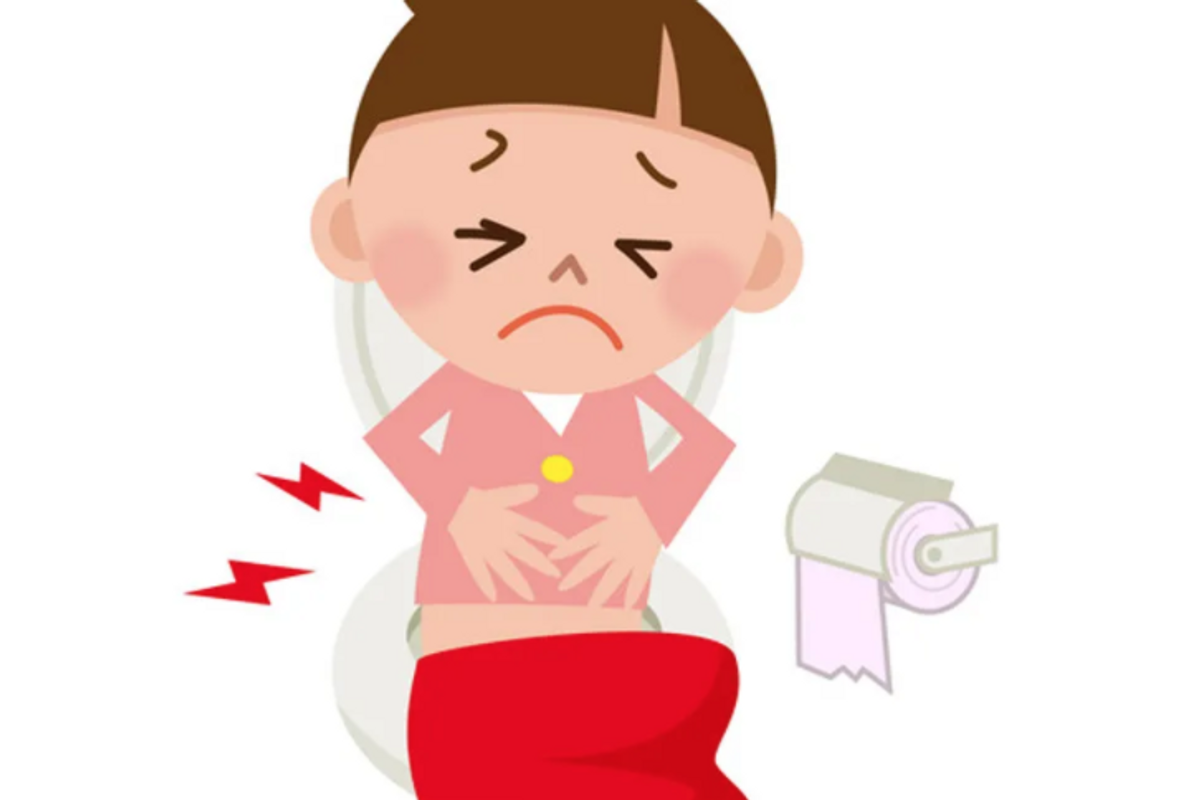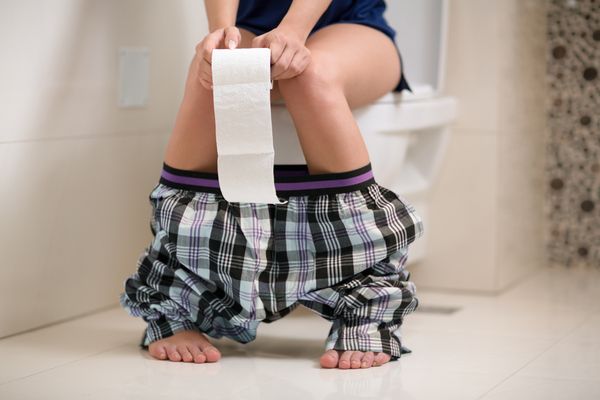

Sheryl Kraft
Sheryl Kraft, a freelance writer and breast cancer survivor, was born in Long Beach, New York. She currently lives in Connecticut with her husband Alan and dog Chloe, where her nest is empty of her two sons Jonathan. Sheryl writes articles and essays on breast cancer and contributes to a variety of publications and websites where she writes on general health and wellness issues. She earned her MFA in writing from Sarah Lawrence College in 2005.
Full BioLearn about our editorial policies
Medically Reviewed
Unfortunately, being a woman increases your risk of chronic constipation; hence many men being the envy of their female partners.
So, what's causing your symptoms? While most of us know that a diet low in fiber and fluids can be a culprit—you need about 25 grams of fiber each day and six to eight 8-ounce glasses of fluid daily—there are other less-known offenders.
1. Foods. Just as there are foods that promote regularity, there are others that can impair it.
A 2005 study showed that when patients were asked which foods caused constipation, they most frequently blamed chocolate; also cited were white bread, black tea and bananas. On the flip side, coffee, wine and beer were perceived to have the opposite effects. Other likely culprits: a diet low in fiber and high in cheese.
2. Vitamins. Generally, vitamins shouldn't cause constipation, but there are certain components in them that may play a role, such as iron and calcium.
3. Certain medications. Sedatives, narcotics, antihistamines, some antidepressants and medications used to treat high blood pressure (calcium channel blockers and some diuretics) can cause constipation. If you use laxatives to treat constipation, be aware that if you use them for a long time, they can lead to dependence, meaning your body won't be able to function properly without them. And beware of some antacids—they may contain aluminum or calcium, which can contribute to constipation.
4. Your thyroid. An underactive thyroid—called hypothyroidism—can slow your body's metabolism, including the activity in digestion and elimination.
5. Depression. Similar to hypothyroidism, depression can slow down your body's normal processes and lead to constipation.
It's important to remember that there are lifestyle modifications to help prevent and relieve constipation, like eating fiber-rich foods, drinking plenty of fluids and exercising regularly.
Here's some sage advice from the Mayo Clinic:
"Call your doctor immediately if you have bloody stools, severe cramps, pain, weakness, dizziness, unusual tiredness or rectal bleeding. You should also see a doctor if you have unexplained changes in bowel patterns or if constipation lasts longer than seven days despite laxative use. If you're dependent on laxatives to have a bowel movement, ask your doctor for suggestions on how to gradually withdraw from them and restore your colon's natural ability to contract."
And finally: Did you ever consider that your posture in the bathroom can affect the ease of elimination? A study published in the journal Digestive Diseases and Sciences found that squatting produced more success than sitting on either a 16-inch or 12-inch toilet. While I'm not suggesting you go out and purchase a bucket, it might be helpful to place your feet on a low stool to enable a better position.
More (Bathroom?) Reading:
How to Deal With Constipation
Tips for Coping With IBS Symptoms
What Your Poop May Be Telling You
From Your Site Articles
You might be interested in





